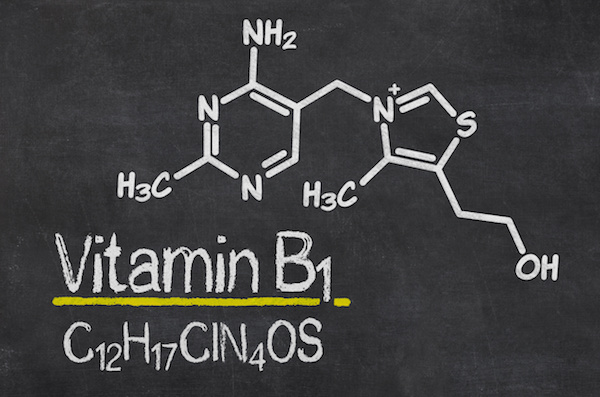
WEDNESDAY, April 7 (HealthDay News) — Smoking appears to enhance the link between an existing risk factor and multiple sclerosis, nearly doubling the chances of getting the disabling neurologic disease, according to a new study.
The existing risk factor is having high levels of antibodies to the Epstein-Barr virus (EBV), a common herpes virus that infects most people but is associated with multiple sclerosis (MS) in a small fraction of those who have it. Previous research has found a link between high levels of EBV antibodies and the disease, said the study’s lead author, Kelly Claire Simon, a research associate at the Harvard School of Public Health in Boston.
“Although higher antibody titers to EBV are associated with an increased risk of MS, an individual’s absolute risk of MS associated with high antibody titers to EBV is still small,” she added.
Even so, she and her research team decided to see whether smoking, which has been linked to increasing the risk of getting MS, would boost the risk even more when a person had high antibody levels of EBV.
The researchers also looked at whether smoking also boosted the risk of MS in those people who have an immune system-related gene called the HLA-DR15, which is also linked to an increased MS risk. The gene, which is present in about 20 percent of the general population, is evident in about 60 percent of MS patients.
For this new study, the researchers wanted to focus on “how these different risk factors may be related to each other and whether they acted together or independently,” Simon said. Her study is published in the April 7 online edition of the journal Neurology.
Simon and her colleagues evaluated 442 people with MS and 865 healthy people without the disease who had been participants in three large studies: The Nurses’ Health Study I/Nurses’ Health Study II, the Tasmanian MS Study and the Swedish MS Study.
“Having the HLA DR15 risk gene did not appear to be affected by smoking or not,” Simon said. But higher antibody levels of EBV did affect risk in those who had ever smoked, compared to those who had never smoked.
“The increasing risk of MS associated with higher EBV antibody [levels] was stronger among ever-smokers than never-smokers,” Simon said. Among the participants with higher levels of the EBV antibody, smokers were twice as likely to have MS as those who had never smoked.
The association was not seen in those with lower antibody levels, however.
Exactly how the smoking enhances the link between the high antibody levels and MS risk isn’t known, the researchers added.
Previous research has found those already diagnosed with MS who smoke are at higher risk for getting the brain lesions associated with the disease, and for brain shrinkage.
Overall, a person’s lifetime risk of getting MS is one in 200 for women and one in 600 for men in the United States. Those with the higher antibody levels in the study had up to a twofold increase in risk if they smoked, compared to nonsmokers, the Harvard researchers found.
The new study provides more clues about who gets MS, said Patricia O’Looney, vice president of biomedical research for the National Multiple Sclerosis Society, who reviewed the findings. “What’s unique and novel is, the study looks at three populations,” she said, referring to the three large-scale studies from different parts of the world. “They looked at three geographically distinct populations and found the same thing.”
While the Harvard team has found a link between EBV levels and MS, O’Looney said that “the association of EBV and MS is still under investigation.” But the new research, she added, “looks at two risk factors that have been very prominent.”
While the new findings don’t yield many practical findings — except the time-worn advice to never smoke — it will hopefully help identify risk factors that could trigger the disease and help researchers understand it better, O’Looney added.
More information
For more information about EBV and MS, visit the National Multiple Sclerosis Society.

